Establishment of the 13 English Colonies
History
Anne Hutchinson
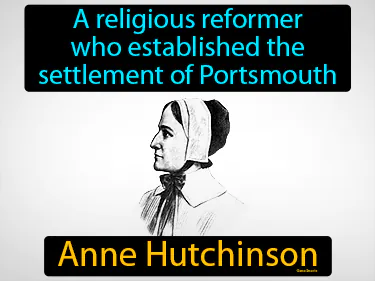
A religious reformer who established the settlement of Portsmouth. Anne Hutchinson. She was a Puritan spiritual leader who challenged the established religious authorities in early colonial America.
Charles I
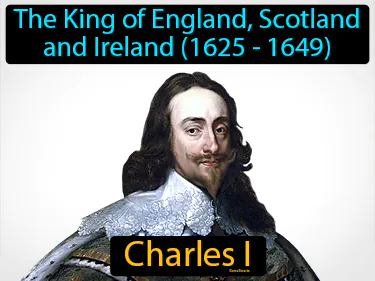
The King of England, Scotland and Ireland 1625 - 1649. Charles I. Charles I was a monarch executed for his conflicts with Parliament, leading to the English Civil War.
confederacy
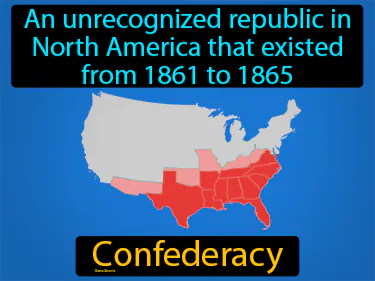
An unrecognized republic in North America that existed from 1861 to 1865 Confederacy. The Confederacy was a group of Southern states that seceded from the United States to preserve slavery and states' rights.
cooperation
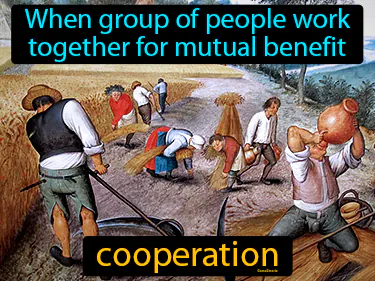
When a group of people work together for mutual benefit. Cooperation. In History, cooperation is when communities or nations work together to achieve common goals, like during alliances in wars.
covenant
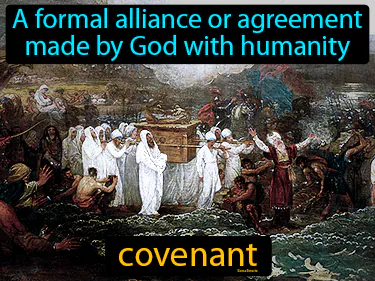
A formal alliance or agreement made by God with humanity. Covenant. In history, a covenant is a sacred agreement or promise between God and a group of people, often with conditions and blessings.
debtor
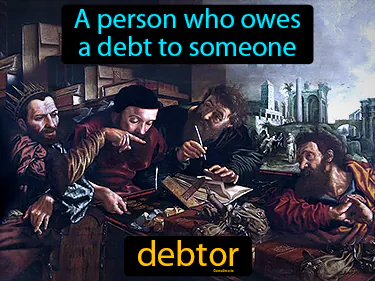
A person who owes a debt to someone. Debtor. In history, a debtor is someone who borrowed money or goods and was legally obligated to pay it back.
Ferdinando Gorges
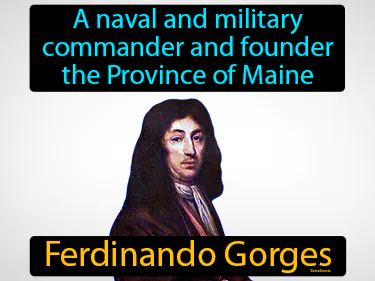
A naval and military commander and founder the Province of Maine. Ferdinando Gorges. Ferdinando Gorges is known as the "Father of English Colonization in America" for his efforts in early attempts to establish English settlements in what is now the United States.
indigo
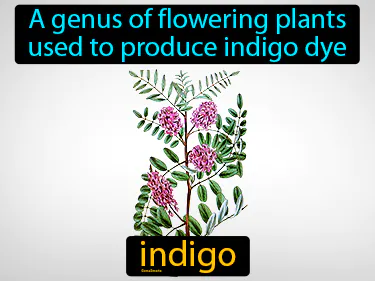
A genus of flowering plants used to produce indigo dye. Indigo. Indigo is a blue dye that was historically important for coloring fabrics and was commonly used in trade.
James Oglethorpe
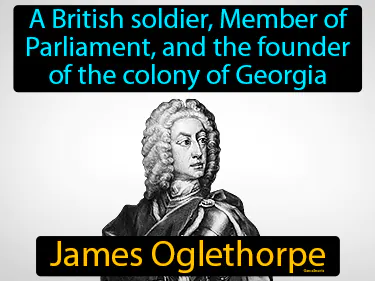
A British soldier, Member of Parliament, and the founder of the colony of Georgia. James Oglethorpe. He was a key figure in establishing Georgia as a place for debtors and the poor to start anew.
John Mason
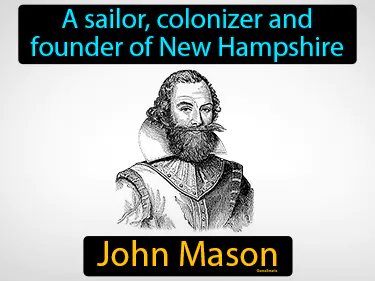
A sailor, colonizer, and founder of New Hampshire, John Mason. John Mason was an early English colonist who established settlements in New England.
John Winthrop
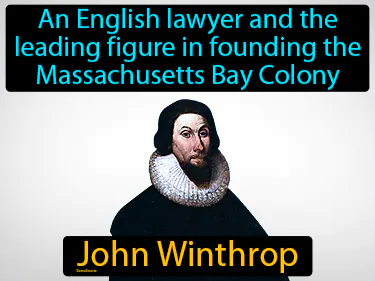
An English lawyer and the leading figure in founding the Massachusetts Bay Colony. John Winthrop. He was an early Puritan leader who helped establish one of the first major settlements in New England.
King Charles II
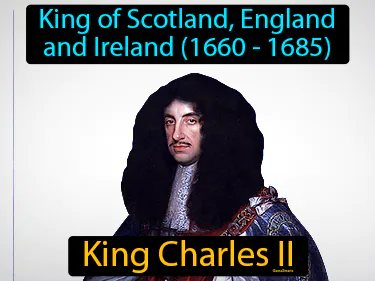
King of Scotland, England and Ireland 1660 - 1685. King Charles II. King Charles II was a monarch who restored the English monarchy after a period of republican rule.
King George II
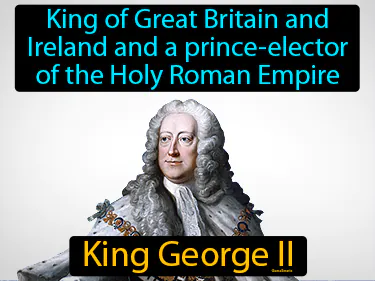
King of Great Britain and Ireland and a prince-elector of the Holy Roman Empire. King George II. He was a British monarch who reigned in the 18th century and was involved in significant historical events like the War of Austrian Succession.
Metacomet
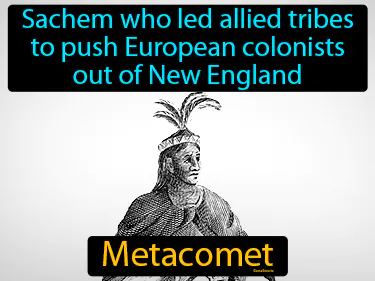
Sachem who led allied tribes to push European colonists out of New England. Metacomet was a Native American leader, also known as King Philip, who resisted English colonization in the 17th century.
Peter Stuyvesant
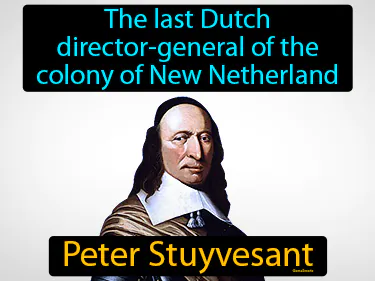
The last Dutch director-general of the colony of New Netherland. Peter Stuyvesant. He was a key figure in the early history of New York before it was taken over by the English.
proprietor
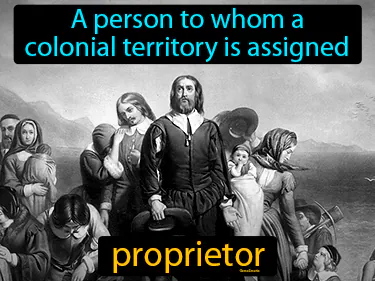
A person to whom a colonial territory is assigned. Proprietor. In history, a proprietor was an individual granted control and ownership over a colony by a monarch.
Roger Williams
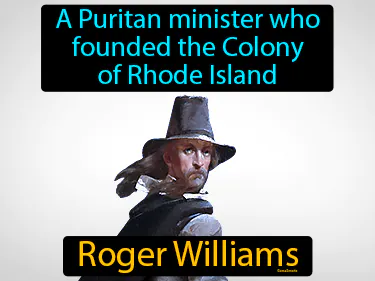
A Puritan minister who founded the Colony of Rhode Island. Roger Williams. He was an advocate for religious freedom and separation of church and state.
Thomas Hooker
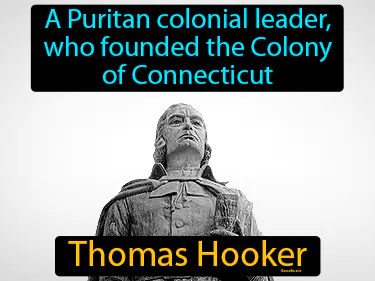
A Puritan colonial leader, who founded the Colony of Connecticut. Thomas Hooker. He was an influential preacher who helped establish democratic principles in the early American colonies.
tolerate
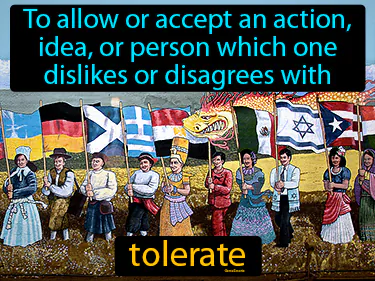
To allow or accept an action, idea, or person which one dislikes or disagrees with is to tolerate. In History, tolerate means allowing different beliefs or practices to exist peacefully, even if they differ from your own.
Tomochichi
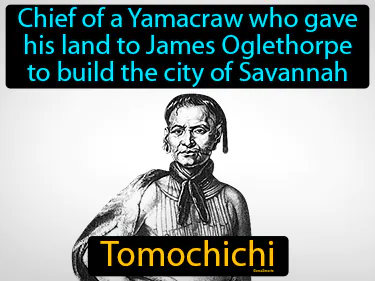
Chief of a Yamacraw who gave his land to James Oglethorpe to build the city of Savannah. Tomochichi. Tomochichi was a Native American leader who played a key role in the founding of Savannah.
William Penn
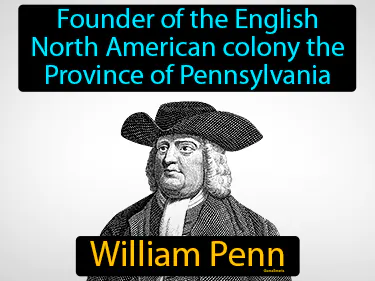
Founder of the English North American colony the Province of Pennsylvania William Penn. William Penn was an English Quaker leader who established Pennsylvania as a place for religious freedom and tolerance.